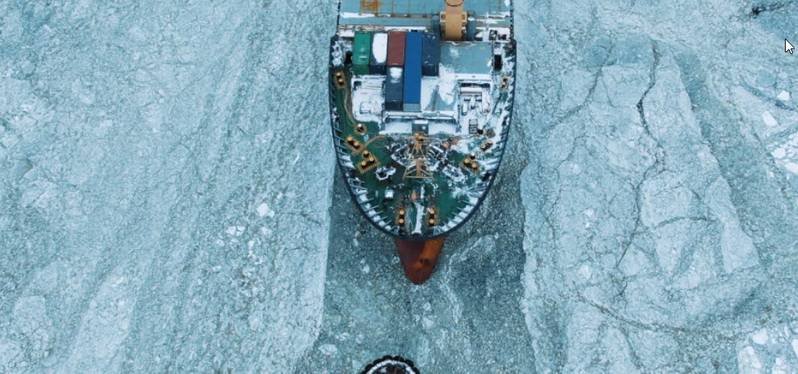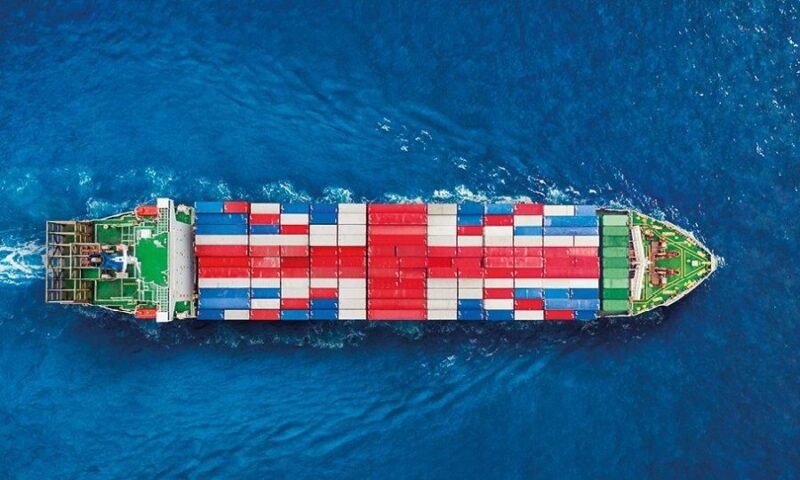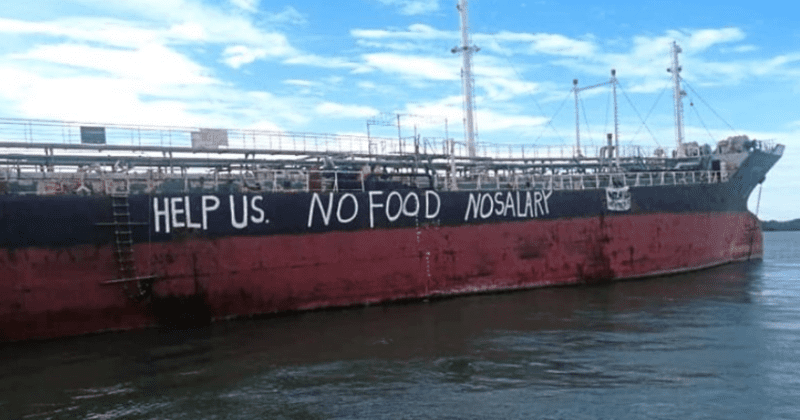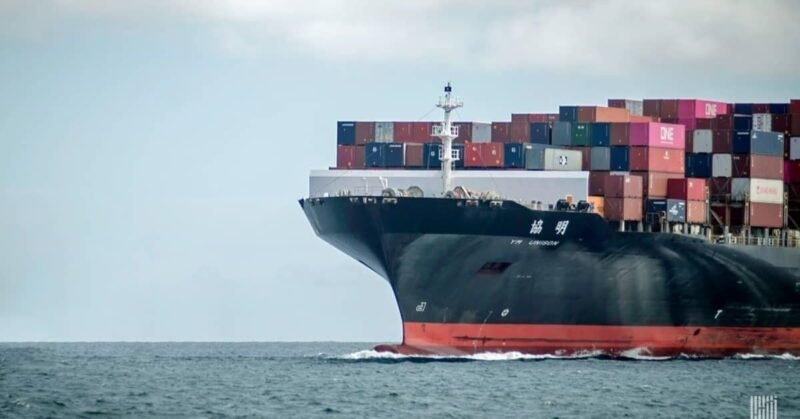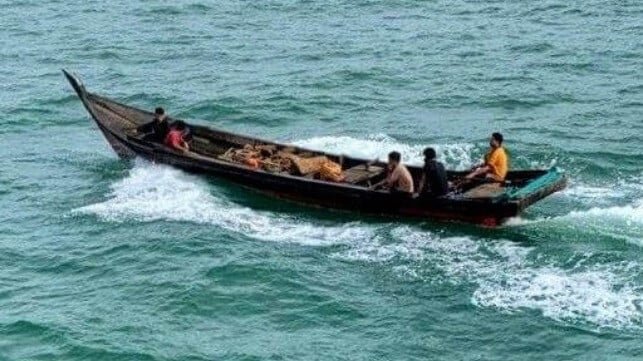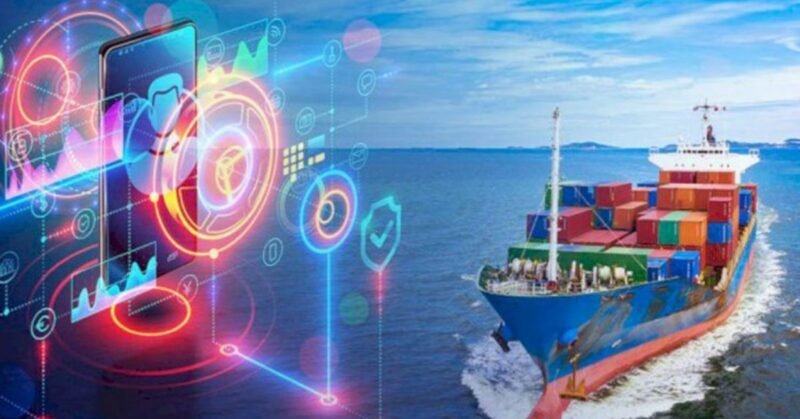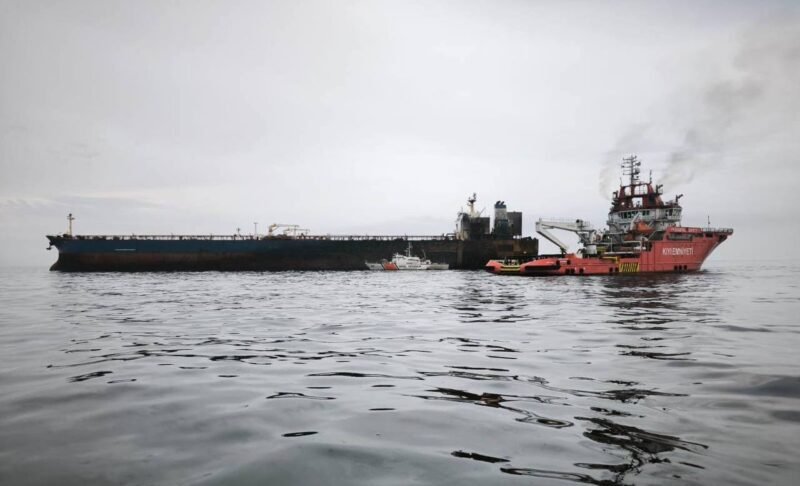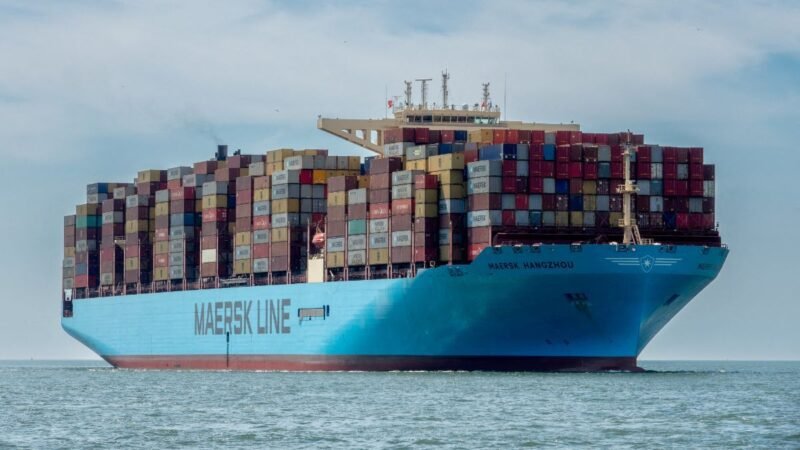Shipping executives at the APPEC conference in Singapore emphasized that the transition to alternative fuels will accelerate post-2030 due to stricter emissions regulations. Currently, the shift is gradual as companies navigate trade volatility and geopolitical uncertainties. Emma Mazhari, CEO of Maersk Oil Trading, noted that significant shifts toward low-carbon fuels are expected between 2030 and 2040, driven by regulations like the European emissions trading scheme.
Maersk is pivoting away from single-fuel ships, opting for dual-fuel vessels to ensure long-term investment viability. Similarly, Takeshi Hashimoto, CEO of Mitsui O.S.K. Lines, highlighted a focus on proven solutions like LNG and methanol in the next five to ten years, while also exploring wind power for propulsion. He acknowledged the current “stop and go” nature of decarbonization but stressed the importance of developing low-carbon marine fuels such as green ammonia and biomethane.
Amitabh Panda, managing director of Tata NYK Shipping, reinforced that decarbonization remains essential despite geopolitical challenges, though he admitted that these factors complicate investment decisions. The shipping industry continues to seek lower-carbon alternatives to meet the U.N.’s carbon reduction targets.







